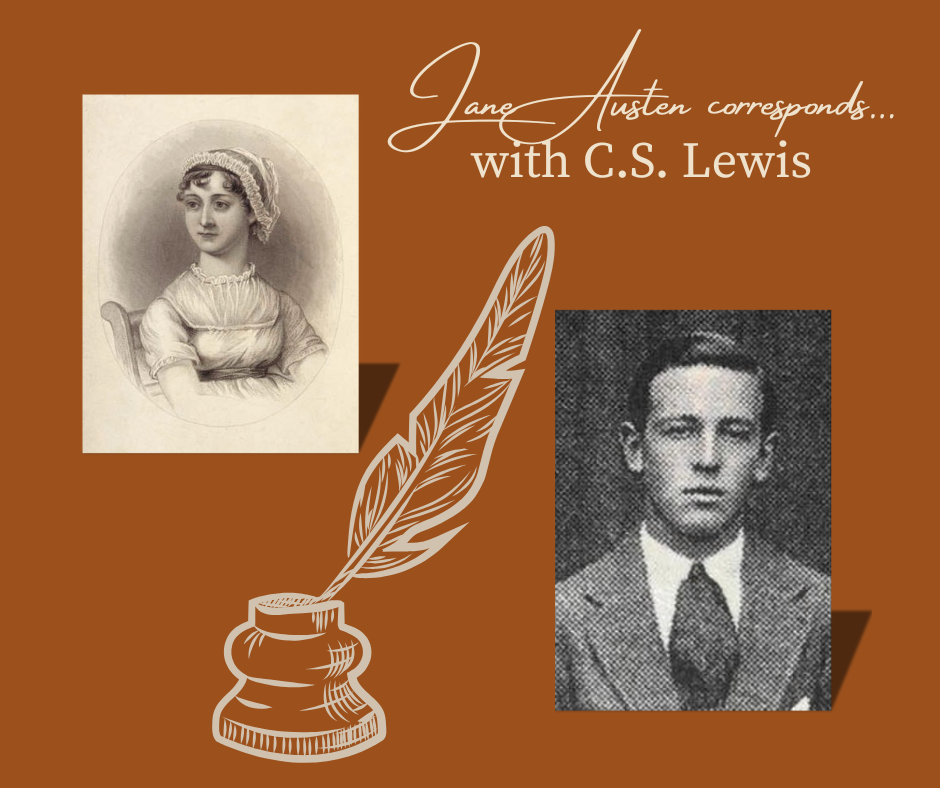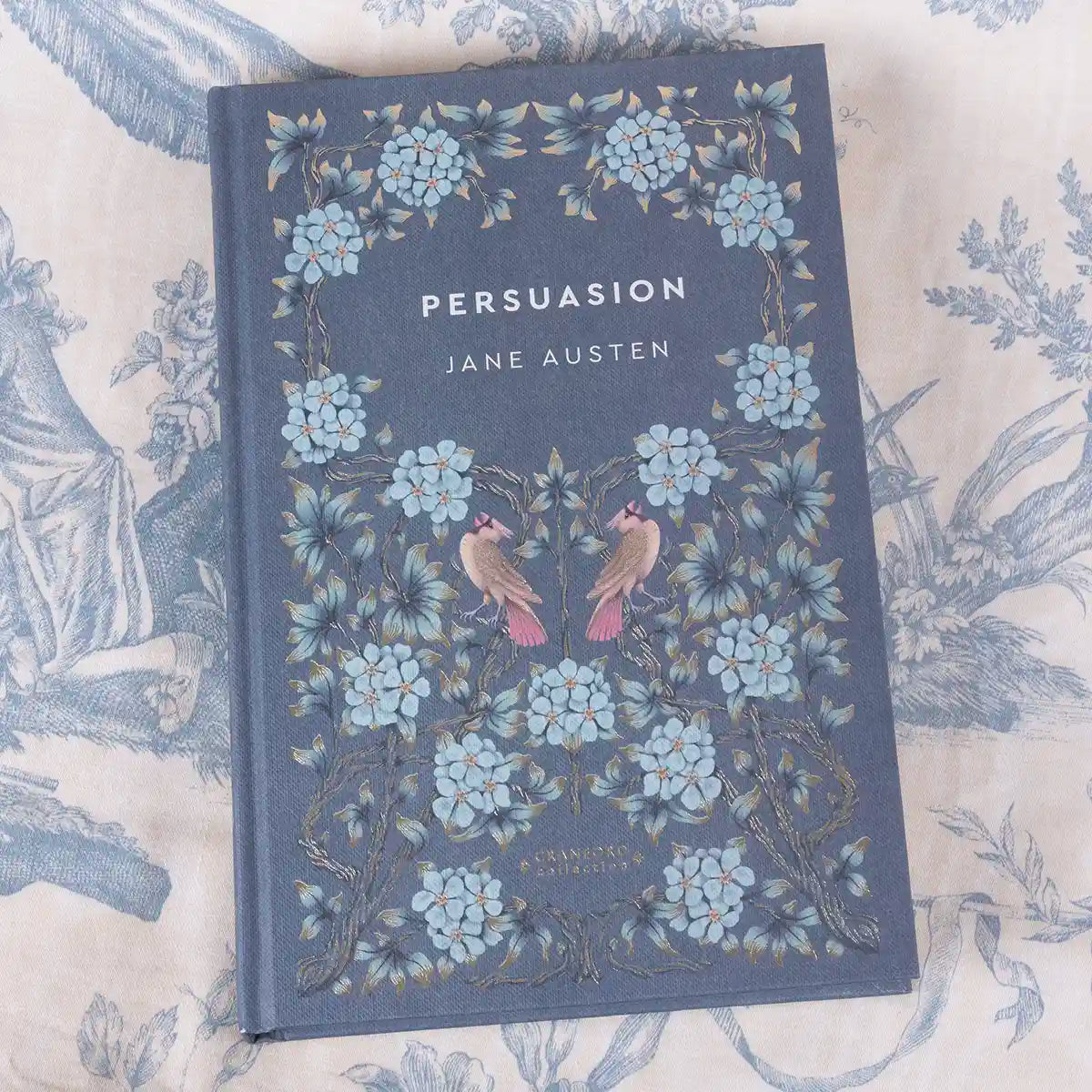The Austen Adaptations - from Bath to Bollywood

This year the world celebrates 250 years of Jane Austen - like millions across the world, across decades, generations and societies, I am an ardent, unmitigated fan. A worshipper, a Janeite. But the purpose of this piece is not to add another few reams of adulation for her prose or sing a few more paeans for her genius. Those in any case will never be enough or adequate to the subject.
There are manifold events being organised to mark the 250th Anniversary of Jane Austen, especially in the places where she lived and did her writing, around Bath and Hampshire in England.
The news of the 250-year celebrations has stirred many memories in me, of the joyful hours spent reading (and re-reading) her books. And also of the various movie, TV and OTT adaptations that we have seen through the years. And the feelings they evoked in me, whether of approbation or abomination. As a right, honourable member of the Jane Austen fan-flock, I consider it very much within my purview to call out some of those adaptations for being at complete cross-purposes with what the legendary author stood for.
Some got it right, I felt, and had my full-fledged endorsement. Like 'Trishna', the 13-part Hindi TV series broadcast over Doordarshan in the 1980s. Trishna seamlessly transported Pride and Prejudice to the Indian context. The characters, while rooted in the local milieu, were fully true to the spirit of their original counterparts.

Gurinder Chadha
On the other hand, there were grand-scale adaptations like Gurinder Chadha’s global production, Bride and Prejudice, which messily fiddled with the essence of the classic. The first knife-turn for me as an Austen fan was the title itself - how could anyone reduce “Pride and Prejudice” to “Bride and Prejudice”? A play on words, yes, but common, unimaginative and slightly crass. Lore has it that the phrase "Pride and Prejudice” was first found in the book Cecilia, by one of Austen’s favourite authors, Frances Burney. The title is perhaps as revered as the book itself. Any tweak to it that falls short of brilliance, seems to be a tasteless parody, quite out-of-keeping with Austen-ism.
The biggest transgression of all was undoubtedly the casting of Aishwarya Rai as Elizabeth Bennet. There are many things Ms. Rai’s perfect beauty can qualify her for, including the Miss World title, Superstardom, L’Oreal brand ambassadorship and the red carpet at Cannes. But it should most certainly disqualify her from ever playing the character of Elizabeth Bennet. A. Rai’s beauty is heavenly, and completely unblemished. The whole point of Liz’s beauty was that it was not conventional by any measure. It was a beauty that had to be appreciated and absorbed at another level by someone of the stature of Mr. Darcy, much against his will and common counsel. Liz’s appearance was disdained by Bingley’s fashionista sisters. Her beauty needed to be combined with the spark of her strong and independent disposition, to be apparent to a reluctant admirer. Her prettiness was not in-your-face, rather it was an unconscious beauty enhanced by “a pair of fine eyes” that could radiate a glow “brightened by exercise”. An unusual beauty that needed to be discerned and discovered.
The most beautiful woman in the world as Eliza Bennet was a casting of convenience, but one that jarred. Not one that was mindful of the character sketch the author might have visualized while penning the book. As per the literal words from the book, Eliza was not the prettiest of the five sisters, and the eldest one, Jane, far outshone her when it came to just physical attributes. The unconvincing casting didn’t stop with the female lead. The Greek god-ish leading man, whose name I don’t quite remember (Editor's Note: Martin Henderson), seemed more suited to play a Marvel Universe superhero than a forgettable Mr. Darcy. The storyline was clumsily distorted to bring in a first world (snooty American man) versus developing country (feisty Indian girl) dimension. This seemed to be done for a play-to-the-gallery effect but ended up losing the transcendental power of the book. So, all in all, the movie did mimic the series of events in the novel, but the narrative and the characters didn’t quite resonate.
On the other hand, the TV show Trishna, which I alluded to earlier, was a happy contrast. While the story was contextualised for India, it retained the timeless themes that hold true for every country and society. Each actor, main as well as the supporting cast, seemed to have been handpicked for the role, keeping in view the sensibilities of the original book. In the mother you could see a very Indian and a very universal Mrs. Bennet. In the father you could feel Mr. Bennet and in Sangeeta Handa, we got a heroine who exuded the spirit of Lizzie Bennet. Her looks would not have made her a Vogue supermodel, but they held a mysterious allure. Her acting conveyed a steel resolve, and she rendered a worthy portrayal of one of the most loved women from literary history. Tarun Dhanrajgir’s persona befitted the haute and handsome Mr. Darcy. And he had something more than oodles of plain good looks, an aura, perhaps.
There have been many other adaptations. I have marvelled at some of them, such as Ang Lee’s Sense and Sensibility, and come away questioning a few others. As we look ahead, it is reported that Netflix is coming up with a Pride and Prejudice mini-series to commemorate the 250th year. I am eager to see what they have in store. Going by the ceaseless popularity of Jane Austen’s novels, we may well have another 200 years of retellings and remakes. As a fan, the point of laying out the dissatisfaction with some of the previous works is not to indulge in fault-finding. But rather to again emphasise the magic of Jane Austen, which cannot be tapped into by simply translating the story on a lavish scale. The challenge is to capture the character’s core. The directors and producers should not merely impose their grandiose vision onto Jane Austen’s script.
They should keep in view what readers love Austen for and keep that as their North Star.



2 commentaires
Very well written and engaging also. It took me down memory lane when i read the novel as part of my curriculum and later taught it to my students in the capacity of professor of English. The writer has researched well .
The novel was more of a journey of self discovery for both Elizabeth and Darcy leading them to realise their faults and challenging their own assumptions.
Comparison of the novel with the tv serial and the movie is laudable
Dr. Kusum Srivastava
The art of cinema to translate literary masterpieces on screen is diminishing across the world. The spirit is albeit lost in adaptation, with formulaic overtones being dominant.
Neha Srivastava
Laisser un commentaire
Ce site est protégé par hCaptcha, et la Politique de confidentialité et les Conditions de service de hCaptcha s’appliquent.